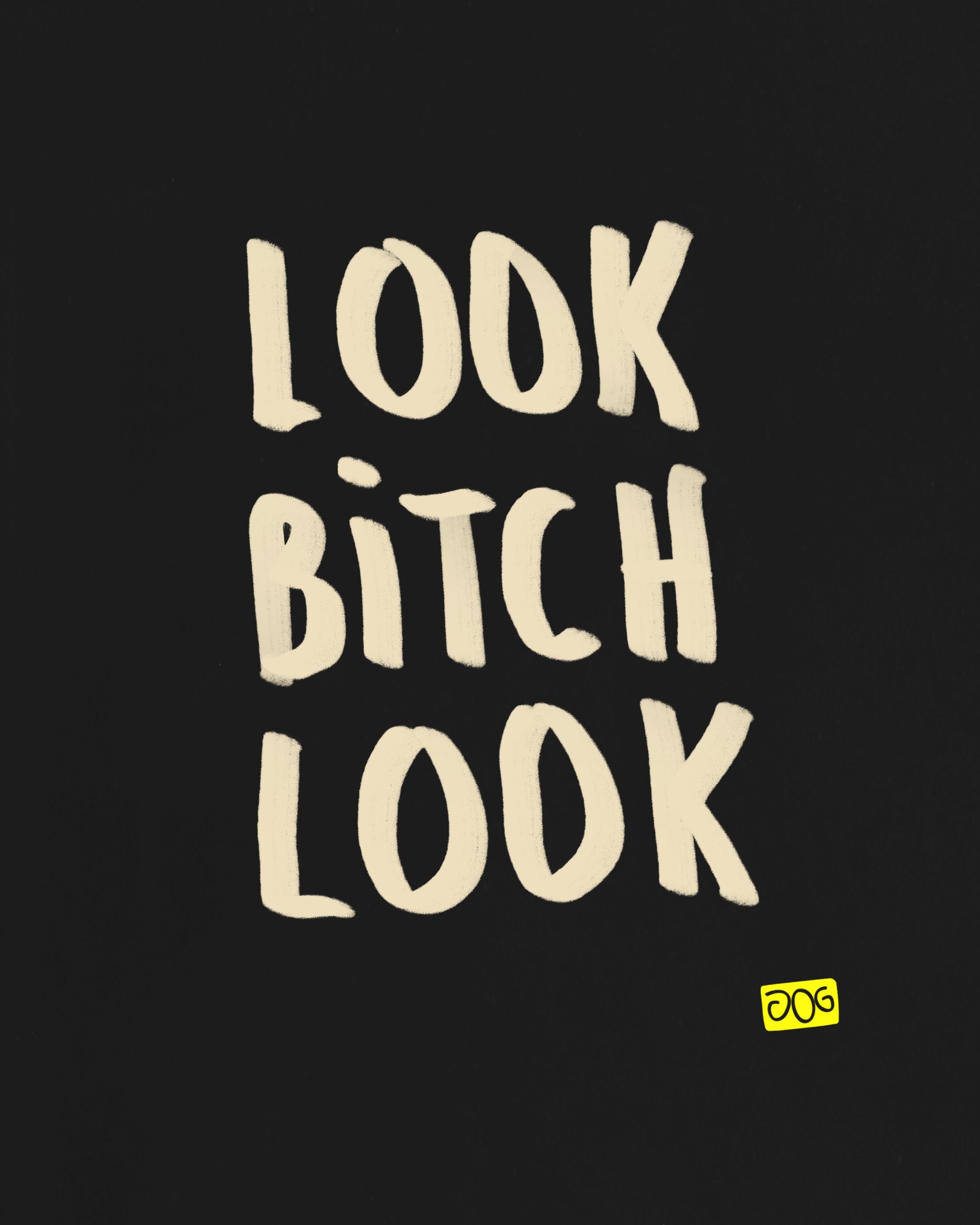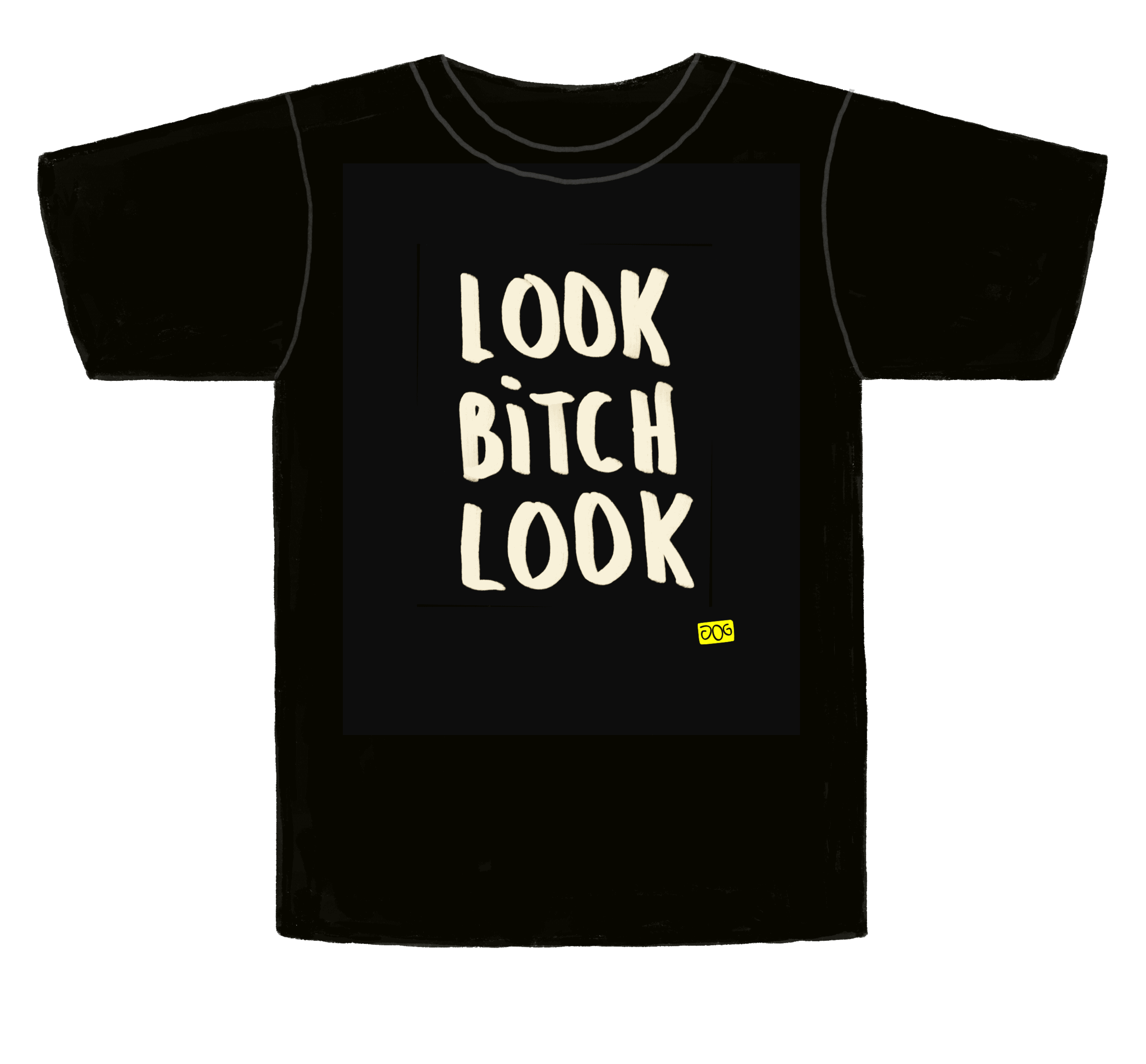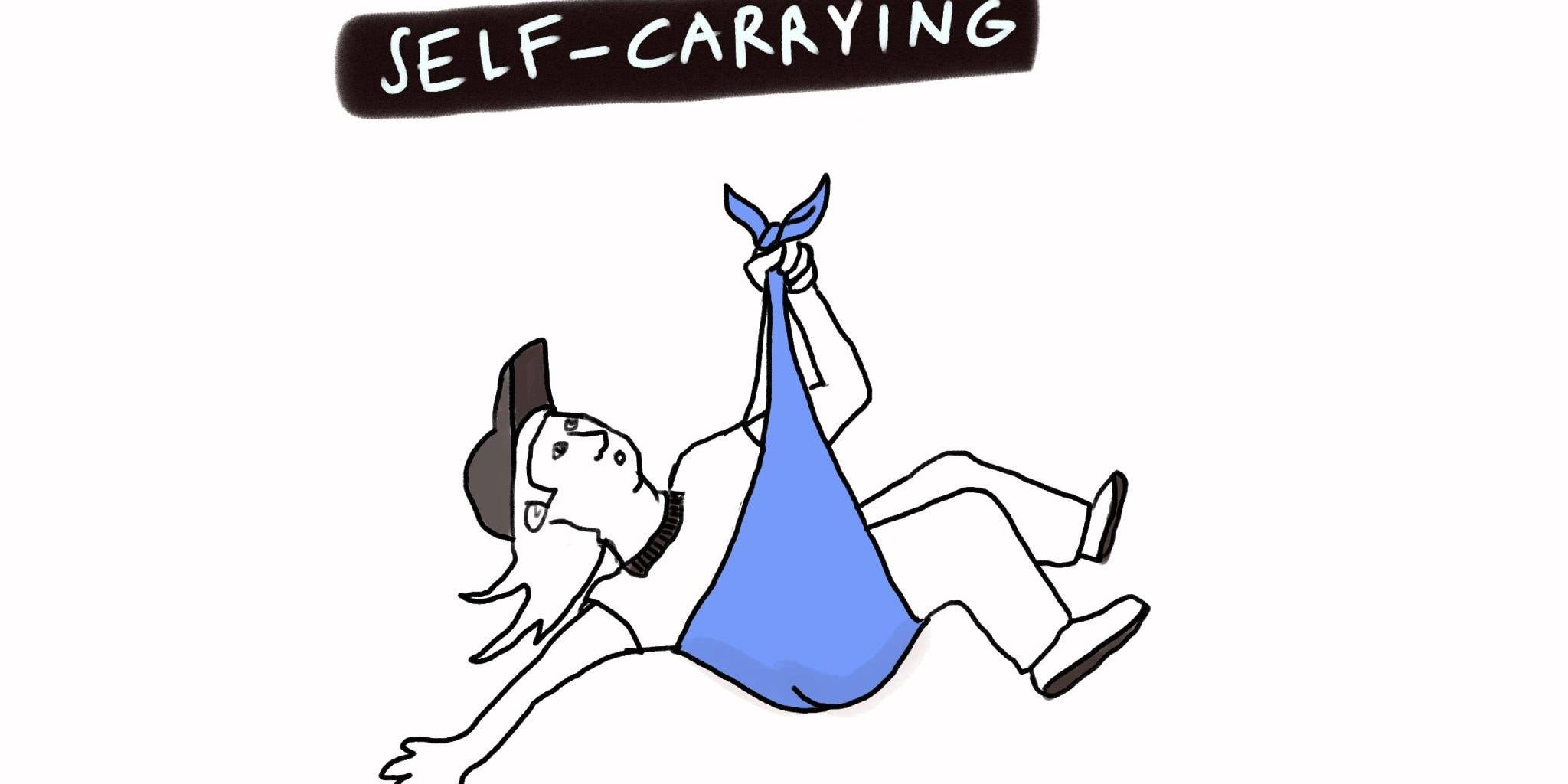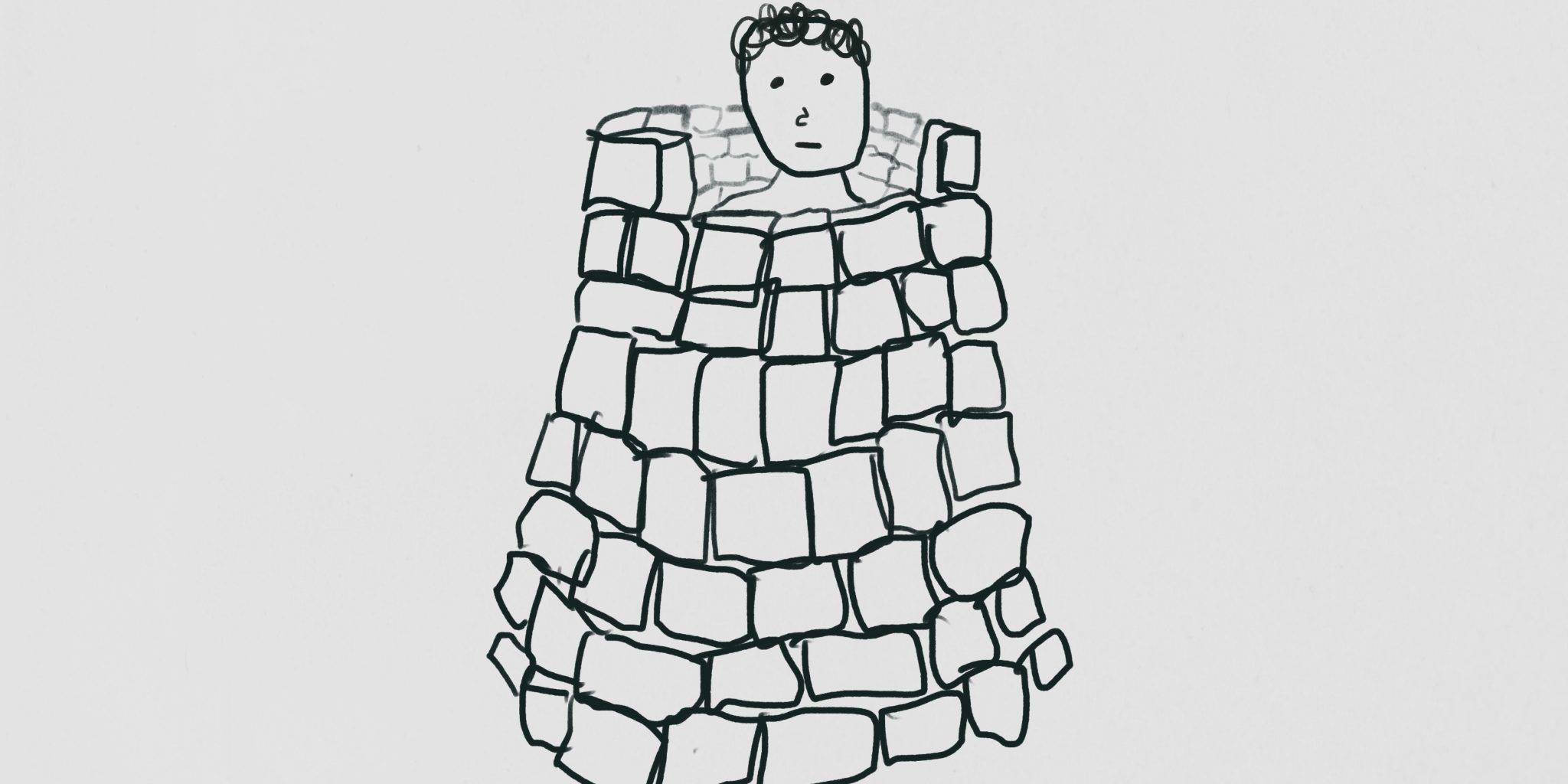Look, bitch. Look.
Self-discovery can indeed be a challenging and sometimes painful experience.
In a broadcasted conversation with Gwyneth Paltrow, Cameron Diaz recounted how her husband, Benji Madden, supported her through her “painful” journey of self-discovery.
She shared: “I broke that mirror about a thousand times when he put it up to me. I was like, ‘I hate you… don’t show me that,’ and he was like, ‘Look, bitch. Look’.”
Facing these ‘flawed’ aspects of ourselves can be uncomfortable and distressing, but it is also a necessary step toward self-acceptance.
Self-discovery can indeed be a challenging and sometimes painful experience. It often involves confronting parts of ourselves that we have ignored or suppressed, such as unresolved issues, buried emotions, and unacknowledged desires, fears and hangups. Facing these ‘flawed’ aspects of ourselves can be uncomfortable and distressing, but it is also a necessary step toward self-acceptance.
The phrase “Look, bitch. Look” could serve as a powerful, blunt but also humorous call to action, urging us to confront our true selves. It demands that we examine the parts of ourselves we have kept hidden. This process can be uncomfortable because it forces us to acknowledge things we may prefer to ignore. However, this confrontation is essential for healing, as it allows us to understand and integrate these aspects into our self-awareness.
We might eventually reach a point where we can laugh at ourselves, our flaws and struggles.
Ultimately, the pain of self-discovery can lead to greater self-understanding, and acceptance. It’s comforting to imagine that after enduring the often painful process of self-discovery, we might eventually reach a point where we can laugh at ourselves, our flaws and struggles.
You may also like
SELF-CARING IS SELF-CARRYING
Do you agree that taking care of…
Play nice
From a young age, we’re taught to "play…
The walls you build to protect yourself
Become aware: Your 'protective walls'…






